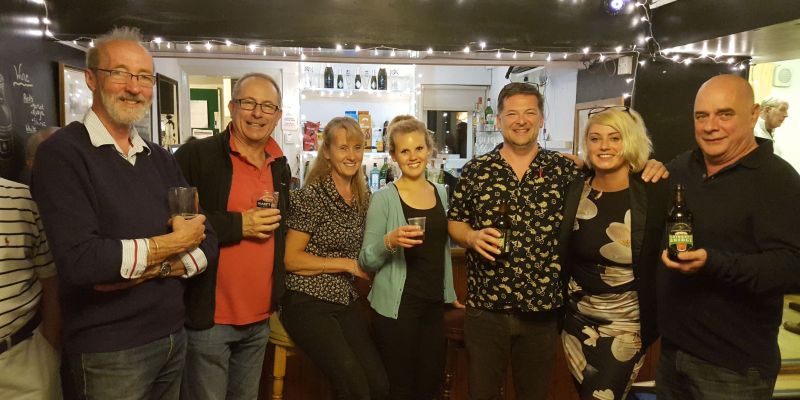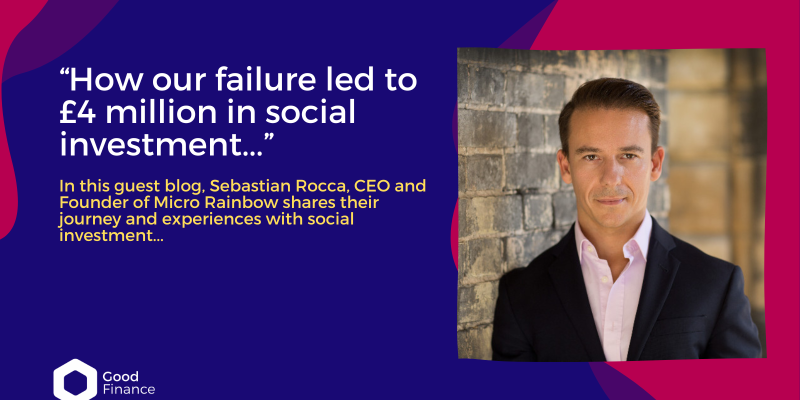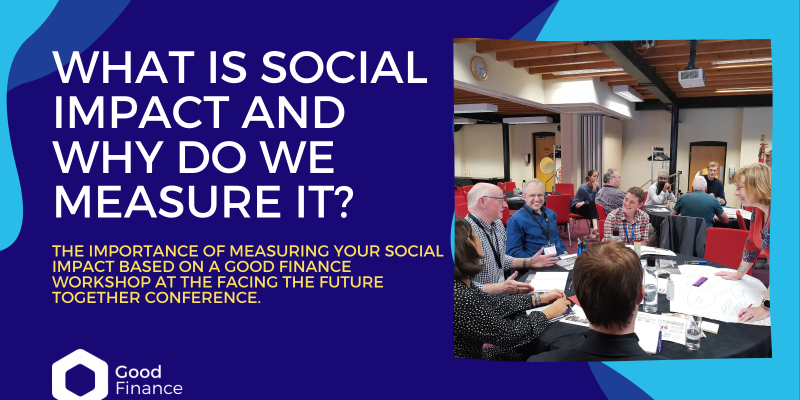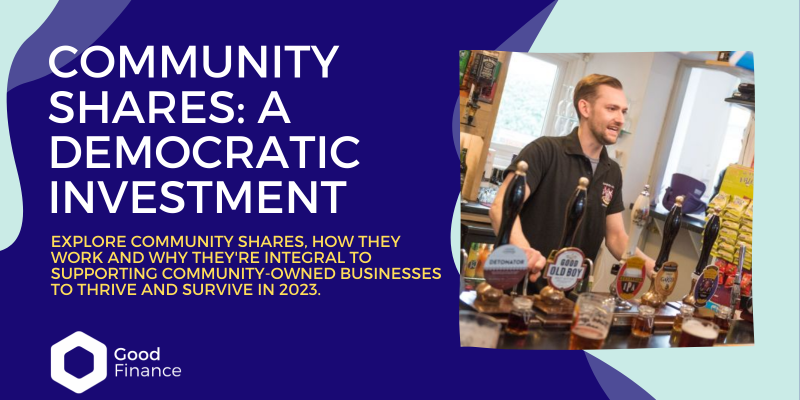Sarah Benn, Membership & Training Manager at Plunkett Foundation, explores Community Shares, how they work and why they're integral to supporting community-owned businesses to thrive and survive in 2023.
Imagine living five miles from the nearest town, and you discover that your village pub is closing. The pub is the only meeting place in the village; you played in the garden as a child, your first job was pulling pints on weekends, now you pop in after work, or lunch on Sundays. Everyone needs somewhere to meet, celebrate and have a chat... but soon there’ll be nothing. What can you do?
If you can garner enough support from the community, you could consider purchasing the pub as a community-owned business. There are currently 649 community-owned businesses trading in rural areas, including 162 community pubs. They are usually financed from a blend of different sources – including Community Shares.
What are community shares and how do they work?
‘Community Shares’ is the term used for withdrawable share capital unique to co-operative and community benefit societies.
According to a new report from Co-operatives UK, more than 130,000 people have raised £210m investing in 540 community businesses and organisations. An incredible 92% of all businesses who have used community shares are still trading.
Investing in community shares is a simple, direct and engaging way of supporting businesses that serve your community. People can become members (or shareholders) by buying shares, making them co-owners and giving them a say in how the business is run. It’s a way for people to take ownership of local buildings or develop services that benefit their community. Each shareholder has one vote, irrespective of the number of shares they have purchased, which makes for a democratic structure and allows the community share offer to be inclusive to the wider community.
Minimum share investment could be as little as £1, and the statutory maximum shareholding by one individual or company is £100,000. This democratic participation at the heart of the project creates genuine community involvement and can be a quick way of raising capital.
Shareholders can vote at the Annual General Meeting, stand for election to the Management Committee, volunteer to help and support ongoing activities, or just make use of the business’ services.
Plunkett’s guide ‘Funding a Community Business with Community Shares’ provides more detailed information about how a Community Share offer works.
More than a business
Community-ownership of an asset is so much more than just about running a business. From saving crucial local services and stimulating local supply chains, to supporting disadvantaged communities and offsetting climate change.
Ownership through community shares provides the opportunity for people and businesses to buy into the community, and where the motivation and payback is more social than financial. It helps to create a truly local enterprise, accountable to the community while both serving and benefitting it.
A balanced blend of grant funding, loans and community shares
Community shares most often form part of a jigsaw of finance to enable a community business to succeed. The blended finance model includes traditional grants, repayable finance and community fundraising.
Community shares can be used as a source of match-funding for grants such as the UK Government’s £150m Community Ownership Fund (COF).
The Craufurd Arms
The Craufurd Arms is a free house located in Maidenhead, a large town on the River Thames in Berkshire. The pub is prominently located in a densely populated residential suburb and it looked like it was destined to call last orders for the final time when it was put on the market in October 2016.
A group of committed regulars swiftly formed a community action group to save their local and it opened as a community-owned business in June 2017. The Craufurd Arms Society raised more than £310,000 in community shares from 229 people who invested sums of between £250 and £20,000. Big Society Capital is the business’ biggest single shareholder, with more than £100,000 shares. The group also received a £50,000 grant and £70,000 unsecured loan to purchase the pub through the Plunkett Foundation’s More Than A Pub programme.
Co-operative and Community Finance provided an additional £93,000 secured loan based on the group’s robust business plan. This enabled the group to refurbish the pub to a high standard, ready for reopening.
Mark Newcombe, The Craufurd Arms Society’s founder Chairperson, said:
“Although the pub is situated in an urban setting, the Craufurd feels like a village local. There used to be six pubs in this part of Maidenhead and now this is the only one. The pub, which dates back to the late 1800s, has always been popular, but it suffered from under investment. Under community ownership we are investing any surplus into improving the pub, and with the support of well over 200 members, the pub is now more popular than ever”.

You can read a full case study about the Craufurd Arms Society on the Plunkett website and hear Mark reflect further on his experience in this Good Finance podcast.
Community Shares Standard Mark
The Community Shares Unit (CSU) is a partnership between Co-operatives UK, Locality and the Plunkett Foundation. Collectively, we promote best practice standards, are a funder and investor via the Booster Fund, train and licence specialist advisers and are the primary source of community shares market intelligence.
The CSU promotes the Community Shares Standard Mark as a way to demonstrate that a community share offer meets the national standards for good practice. Being awarded the mark demonstrates that a share offer is clear, honest, transparent and that investors have all the facts they need to make informed decisions. The Standard Mark is not a requirement of a share issue, nor appropriate for all community groups, but reassures committees that they are adhering to best practice, and it gives investors confidence.
Supporting communities at every stage
As the only UK-wide organisation supporting community businesses at every stage of their development, Plunkett Foundation provides universal access to specialist advice and support, and advocates for a ‘Community Rights to Buy’ assets, improved funding and policies to help these businesses get set up. To find out more, visit plunkett.co.uk.






